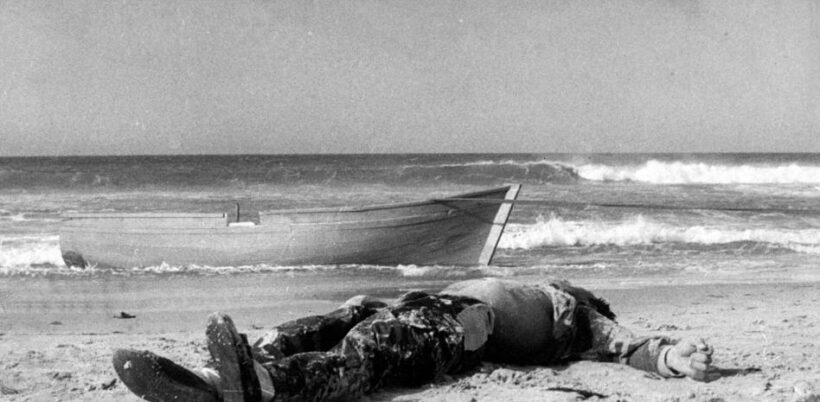They propose the creation of a Single Information Office in the Ombudsman’s Office, for comprehensive attention to families, and a DNA bank connected to Interpol.
They describe this intervention as “absolutely necessary” to avoid the suffering of thousands of migrants over the last three decades.
The Andalusian Human Rights Association (APDHA), together with more than a hundred other organisations, has presented a document on ‘Measures for the dignified treatment of people who have died or disappeared during migratory journeys and their families’, on the occasion of today’s commemoration of All Souls’ Day, and the 34th anniversary of the arrival of the first corpse of a person trying to migrate to Spain, on 1 November 1988. Since then, the organisation has documented the death or disappearance of more than 12,000 people.
This document, which will be sent to the Ombudsman, the Spanish government and the heads of parliamentary groups, is another step in the #VidasSinRastro campaign, which has been running since last May, when the organisations sent the Ombudsman and the government a list of demands. “Such is the odyssey, the legal and administrative void faced by the families, and so great is the suffering and impotence that this lack of mechanisms provokes, that we have prepared a specific programme with the necessary measures for the dignified treatment of the dead and missing persons and their families on the southern border”, explains the Andalusian Human Rights Association (Asociación Pro Derechos Humanos de Andalucía).
Among the measures presented, the creation of a Single Information Office for Relatives stands out. “It is an office that would be organically framed within the structure of the Ombudsman and that should ensure comprehensive attention in the accompaniment and support of families in the denunciation, search and location of their loved ones, as well as in the process of identification of deceased persons,” APDHA points out.
“One of the main problems we have been detecting”, the organisation points out, “is the absence of access mechanisms for those who are looking for people who have begun the migratory journey to Spain. The language barrier, bureaucratic difficulties and the multiplicity of instances make this search practically impossible”.
For this reason, they will be proposing the creation of this single office, which relatives could access via a website, telephone or email, and which would be accompanied by Management Units located in the main areas where migrants arrive. These management units would compile information in the arrival areas to transmit it to the single office, adds APDHA.
This is not the only measure envisaged by the hundred or so organisations. They will also be setting up a DNA bank, in connection with the I-Family system recently created by Interpol, improving repatriation conventions or establishing a new legal framework for declarations of absence or death in relation to migrants.
“Despite the increasing number of deaths at the southern border, nothing has been done by state authorities to provide adequate, comprehensive and dignified treatment to these people and their families,” say the organisation’s officials. “This programme of measures is absolutely necessary to change the reality that migrants and their families have been suffering for more than three decades”, they conclude.










